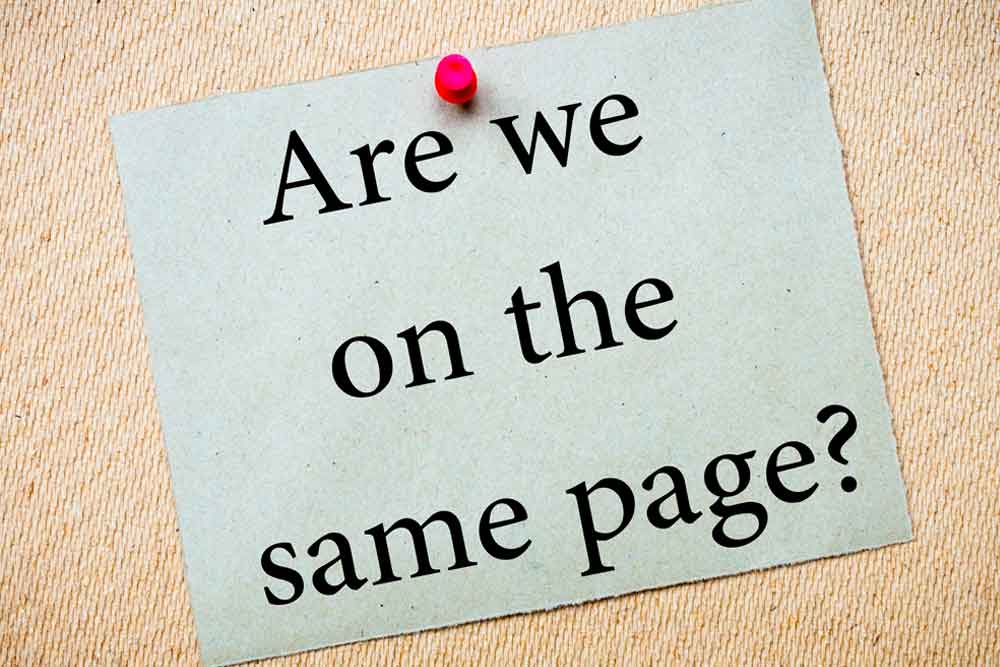How to Get Your Sales Team Leaders and HR Teams on the Same Page
Forget the gimmicky salesman stereotype; modern salespeople are trusted advisors to their clients.
With more complicated buying cycles than ever before, sales talent is in high demand. Why else would nearly one in eight U.S. jobs be sales-related?
Successful salespeople fuel their companies’ success. On top of working toward revenue goals, salespeople manage customer relationships by understanding clients’ businesses and providing value beyond the products and services they sell.
But talent is only one piece of the equation. Proper training is critical to equip sales representatives with the skills they need to perform. Ongoing training boosts net sales per employee by 50%, making it well worth the time and energy. It also serves as a significant differentiator — according to a SiriusDecisions study, high-performing organizations are twice as likely to invest in their salespeople.
Supporting a company’s commercial interests means supporting sales, which requires organizations of all sizes to get sales team leaders and human resources in sync. HR professionals aid sales teams by discovering the right talent, creating an attractive work environment, and developing training methods that keep sales teams ahead of the competition.
Meanwhile, sales team leaders must keep HR in the know about their processes and staff needs. Sales team leaders can also help HR tap into the most cutting-edge thinking about recruiting and professional development opportunities. To boost the bottom line, sales and HR should work together to recruit top-notch sales talent and provide effective ongoing training.
For more information on hiring sales talent read our blog: Four Essential Steps to Hiring Top Sales Talent
Getting Sales and HR on the Same Page
HR and sales team leaders truly work in tandem when the learning goes both ways, which requires a close working relationship. Use these three methods to build a lasting connection:
1 – Put quality time on the books. HR must understand how salespeople interact with buyers and create value for customers. This information can help HR workers determine which traits add to the team’s value, which allows them to seek those qualities in prospective hires.
Alternatively, the sales team leaders should spend significant time with HR’s learning and development teams to help design a strategy for managing talent. Because both teams’ success is dictated by talent development and retention, they should focus on the same KPI metrics. The more familiar sales and HR are with one another’s processes, the more value each department can provide the other.
2 – Collaborate on training. Sales team leaders know what their people need to learn, but HR is better equipped to determine how the team can best learn it. HR has more insight into different personalities and learning styles, which should be just as important to training as content.
Each team’s expertise should also contribute to the creation of an effective and continuous training regimen. Team members forget 85% of training content within a month, so it’s necessary to reinforce essential concepts consistently. Do this with frequent bite-sized lessons, which are easier for sales staff to consume and retain. Offer these lessons in different formats (e.g., audio, visual, etc.) to better align with different learning styles.
Remember when it comes to sales training one size does not fit all.
3 – Use analytics to improve and enhance efforts. Use talent analytics to inform and drive your decision-making. Various assessment tools can help you develop a holistic and accurate picture of your program. Once you’ve looked at these findings in relation to your company’s key drivers, refine your training and recruiting efforts.
Additionally, establish a cadence for reviewing the data that aligns with the measurement strategy for business outcomes. This analysis will help you draw connections between training efforts and your organization’s bottom line. If the data shows a certain behavior seems to boost sales, for example, tell your staff to implement that method into all future sales processes. Although many factors dictate your company’s performance, a strong sales staff is a key component of success. As such, it’s vital that your sales team have the support of other business units, especially HR. Together, sales team leaders and HR can ensure that your company is hiring the best sales staff and training them to carry out your goals at a high level.



